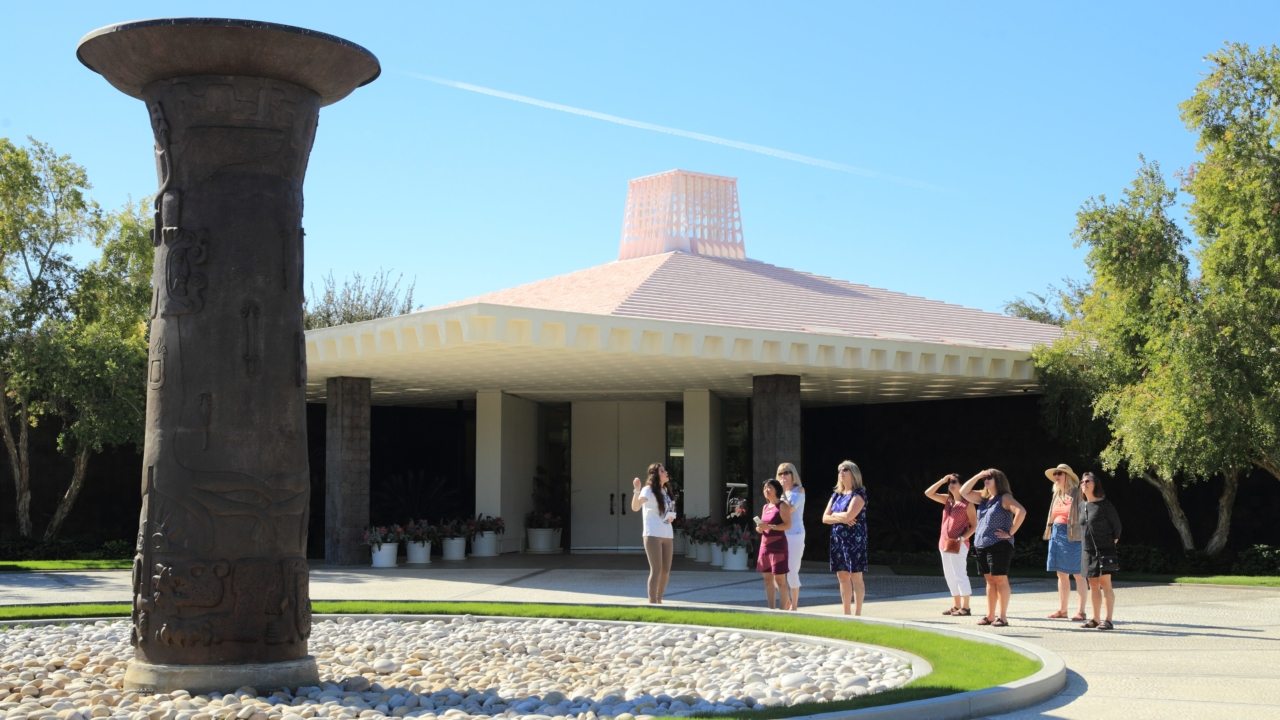Educators, policy makers, and education technology leaders issued a call to action to increase broadband internet access and support for teachers using technology during a Washington, D.C. meeting convened by Sunnylands, Common Sense Media and the LEAD Commission. The leaders attending concluded that, along with supporting professional development and creating certifications and standards for teachers, much needs to be done to ensure all American school sites have access to high-speed broadband internet.
“We must still address the challenge of improving the broadband infrastructure to the building for many schools and libraries, particularly in rural America,” said Tom Wheeler, chairman of the Federal Communications Commission. “The fact is many rural schools and libraries lack the infrastructure needed to deliver high-speed broadband. The FCC estimates that 40% of schools in rural areas lack access to fiber networks. And of those that could access fiber, only about a third do so, principally because of high costs.”
The 2014 EdTech Connect Summit gathered more than 100 educators to discuss the topics of supporting professional development, establishing standards, building leadership at the administration and school board level, and increasing funding and support from industry and non-government organizations.
“The goal of the LEAD Commission, Common Sense Media, and The Annenberg Retreat at Sunnylands is to have sessions that are not only fascinating, but wind up with concrete recommendations that become actionable and lead to policy changes,” Geoffrey Cowan, then-president of The Annenberg Foundation Trust at Sunnylands. “This meeting will determine what can be the next steps to make this aspect of education profoundly different because of what was discussed today.”
Beverly Perdue, former Governor of North Carolina who now chairs DigiLEARN, said that in addition to building partnerships for educators and business, it is essential to build partnerships between political parties. She also spoke on the need to support education on all levels for all communities.
“Education should not be determined by your zip code,” Governor Perdue said. “And that is what is happening in education today.”
Education Department Deputy Secretary Jim Shelton discussed business partnerships with educational institutions. “The stories will come out about failed technology implementations, failed privacy protections and companies not doing the right thing,” he said, noting that it’s important to risk failure in order to learn how to better serve students.
The summit concluded with looking forward to develop engagement, leadership, and trust in teachers, students, and education administration. “If we invest in teachers and technology in the way we should for the 21st century,” said Jim Steyer, a LEAD Commission member and founder and president of Common Sense Media. “The big winners will be our kids.”



